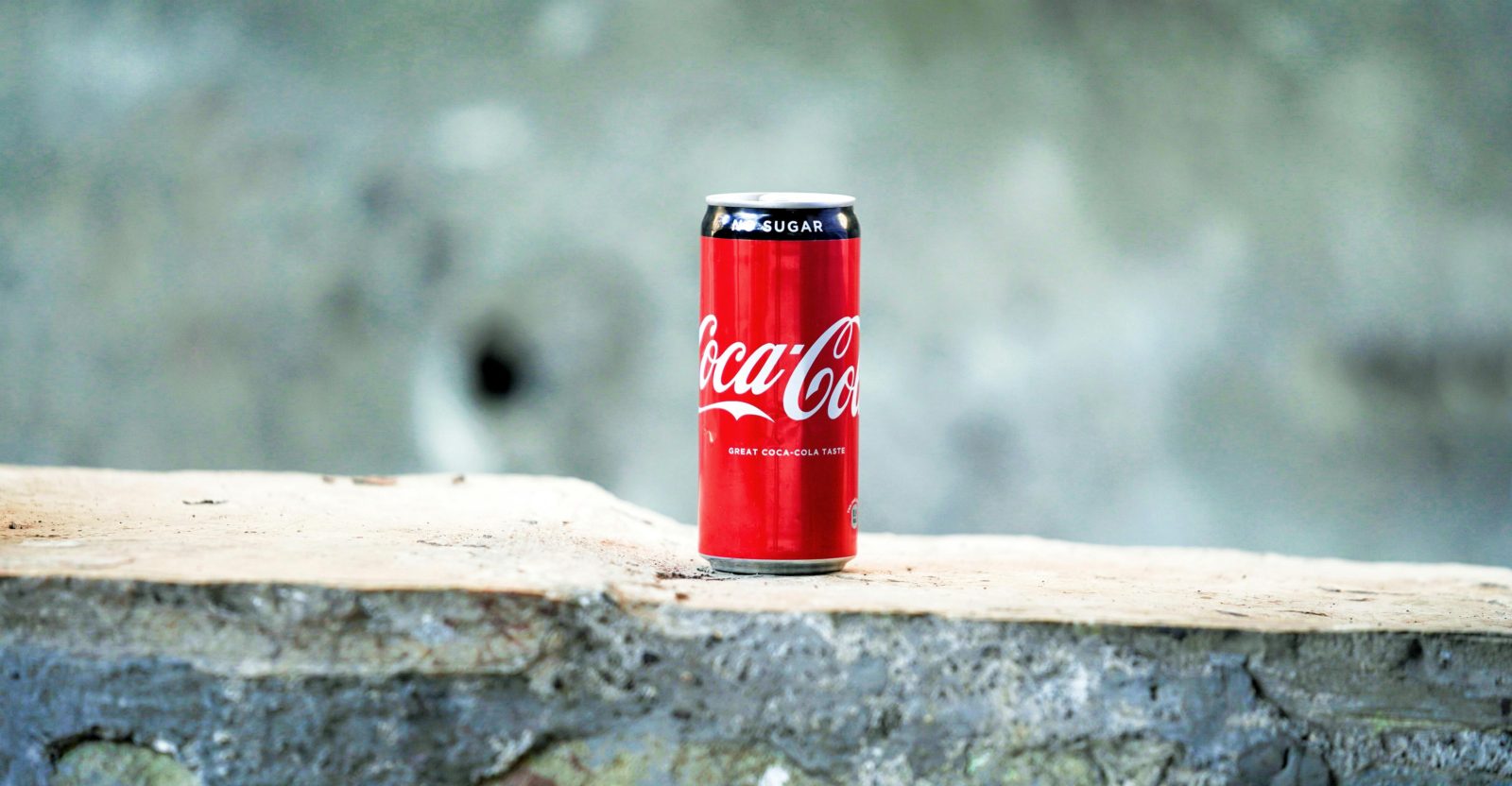Coca-Cola, the American beverage giant, is under fire from environmental activists after it announced a reduction in its recycling and reuse targets for plastic and other packaging materials. The company has scaled back its commitment to using recycled materials in its primary packaging, adjusting its goal from 50% by 2030 to 35-40% by 2035. This shift is part of a broader revision of the company’s environmental targets, which has sparked widespread criticism from those pushing for more aggressive sustainability measures.
The new recycling goals are similarly less ambitious than previously outlined. Coca-Cola now aims to collect and recycle 70-75% of its bottles and cans by 2035, a far cry from its earlier promise to ensure every bottle and can sold was collected and recycled by 2030. This change has left many environmental advocates disillusioned, especially given Coca-Cola’s vast global footprint. In 2023 alone, the company generated nearly 6 million tons of packaging waste, consisting of 137 billion plastic bottles and 74 billion aluminum or steel cans.
Kelly McBee, manager of circular economy initiatives at California-based nonprofit As You Sow, expressed her disappointment at Coca-Cola’s revised targets. “We are deeply disappointed,” McBee said. “To see the company’s previous, more ambitious recycling goals completely erased is truly devastating.” Coca-Cola had been lauded for its initial promises to reduce its environmental impact, and the decision to scale back those commitments has many questioning the company’s true dedication to sustainability.
Two years ago, Coca-Cola made another bold promise: by 2030, a quarter of its drinks would be sold in refillable or returnable containers. This commitment was heralded as a significant step toward reducing single-use plastic. However, this goal has now disappeared from the company’s website, and its current stance seems to suggest that investments in refillable packaging will only happen in areas where infrastructure already supports such systems.
The company defended its position this week, stating that it would focus on refillable packaging in regions where the necessary infrastructure is already in place. However, this strategy has been met with skepticism. Matt Littlejohn, Vice President at environmental group Oceana, warned that Coca-Cola’s new approach could exacerbate the global plastic pollution crisis. “This new policy makes it more likely that billions of single-use plastic bottles and cups will continue to flow into our waterways and oceans,” he stated.
Coca-Cola’s move comes at a time when beverage companies are facing increasing scrutiny over their plastic waste. In October, the County of Los Angeles filed a lawsuit against both Coca-Cola and PepsiCo, accusing them of misleading consumers by labeling their plastic containers as “recyclable,” despite the fact that the plastics are not easily recyclable and cause significant environmental harm.
With global pressure mounting for corporations to do more to combat plastic pollution, Coca-Cola’s latest move has intensified the debate over corporate responsibility in the fight for a cleaner, more sustainable future. Whether the company will face legal challenges or a consumer backlash remains to be seen, but its revised environmental strategy is certainly raising questions about the sincerity of its commitment to sustainability.









